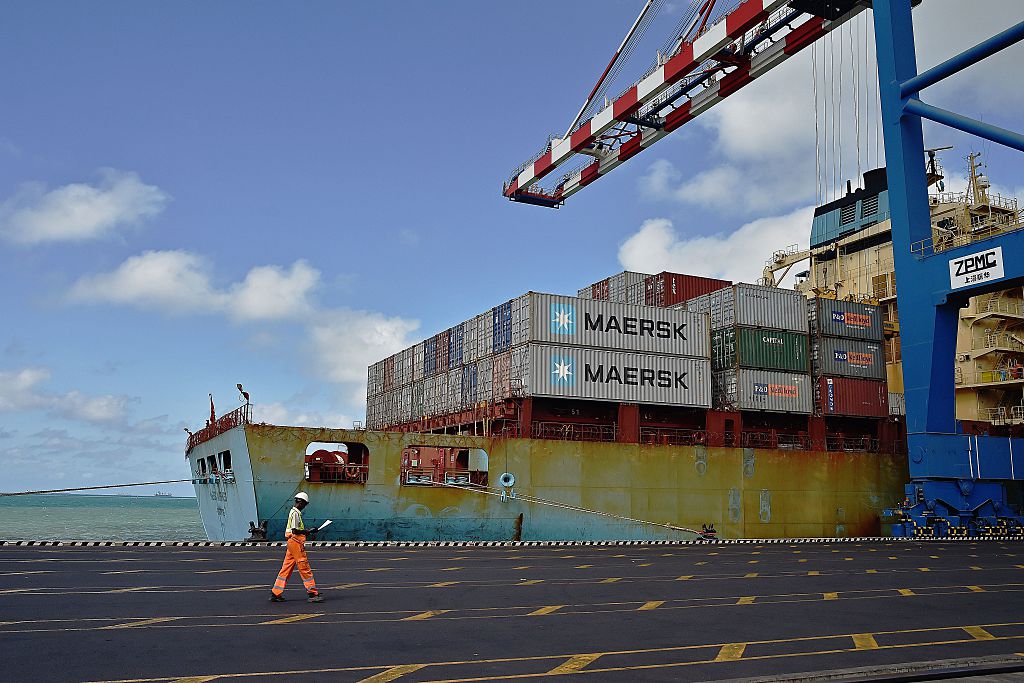ADF STAFF
As it struggles with rising inflation and continuing drought, Djibouti has become the latest country to suspend its payments on Chinese debt.
Djibouti’s decision to withhold repayment makes it the second African nation after Zambia to take that step. China is Djibouti’s largest creditor, holding more than $1.4 billion in debt — the equivalent of about 45% of the country’s gross domestic product, according to the International Monetary Fund.
Djibouti is among 22 African countries considered to be in financial distress, according to the World Bank. Like Djibouti, many of them carry heavy Chinese debt burdens.
By suspending its payments, Djibouti is following in the path laid out by Zambia, which defaulted on Eurobond debts in 2020 under the pressure of the COVID-19 pandemic. Zambia recently cancelled $2 billion in pending loans, including many from China, as part of a debt restructuring agreement.
Djibouti owes money to Chinese-owned institutions, such as the Exim Bank of China, rather than the government itself. That means its debts are unlikely to be forgiven and more likely to be renegotiated with payments extended further out into the future.
Djibouti’s economy has been battered by the Russian invasion of Ukraine and the Tigray conflict in neighboring Ethiopia, both important sources of food for the country. The drought across the Horn of Africa is also putting pressure on food imports.
As a result of those pressures, Djibouti’s inflation is running at 11%.
Steps taken to mitigate impacts of inflation and the drought have put more pressure on Djibouti’s ability to keep up with its debts to China, according to a 2022 analysis by Chatham House.
Djibouti’s debt payments tripled in 2022 to $184 million and are expected to rise to $266 million in 2023 as the country begins payments on the Chinese-funded water pipeline to Ethiopia, according to the World Bank.
Unlike other countries, such as Angola, Djibouti does not have a valuable natural resource like oil to offer in place of cash to repay its debt. Its strategic location on the Red Sea, however, means China will be forced to come to some other accommodation, according to Chatham House.
A potential default on its Chinese debt raises the specter of the country triggering a debt trap that would enable China to take control of one or all the projects it has funded to recoup its loss. That could mean Djibouti loses control over its port or international free trade zone along with telecommunications and rail transportation systems the Chinese have financed.
Sri Lanka’s Chinese-built Hambantota International Port became an example of a debt trap that hangs over China’s African debtors. When the port failed to earn enough to repay its debt, China took over operations there with a 70% stake.
Djibouti’s citizens are increasingly concerned about the scale of their country’s debts to China, according to Chatham House.
However, in its 2022 report on China’s debts in Africa, Chatham House analysts offer a different take on the debt issue: China is the one in the debt trap.
“Djibouti is in debt distress, but the country may be too important for China to allow it to default,” the analysts wrote in their report. “Far from a sophisticated strategy to expropriate African assets, profligate Chinese lending in its early phases may have created a debt trap for China — deeply entangling it with obdurate and increasingly assertive African partners.”

